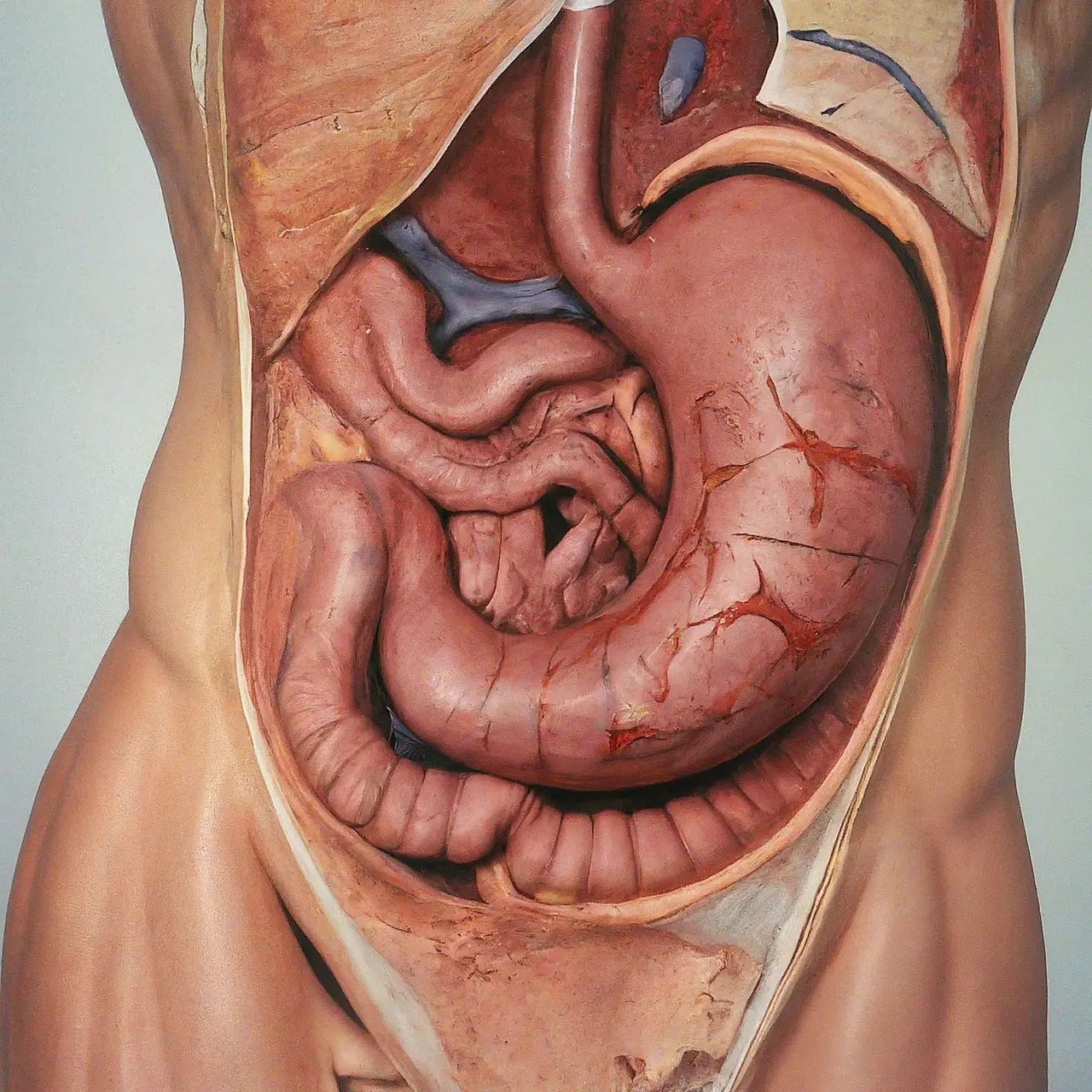Gastric sleeve revision surgery can be a beacon of hope for those who have not achieved the desired results from their initial weight loss surgery. Exploring this option means understanding the various facets that come with both the risks and rewards. This blog delves into what patients need to know before making the decision to undergo a revision surgery.
What is Gastric Sleeve Revision Surgery?
Gastric sleeve revision surgery is a procedure performed on patients who have previously undergone a gastric sleeve surgery but did not achieve the desired results, whether due to insufficient weight loss, weight regain, or complications. This surgical approach aims to modify the existing sleeve, either by resizing the stomach or addressing any existing complications, to enhance the patient’s weight loss outcomes and improve their health.
Why Consider a Revision?
The decision to undergo gastric sleeve revision surgery is not taken lightly. Many patients consider a revision due to inadequate weight loss or significant weight regain after the initial procedure. Others may face complications such as gastroesophageal reflux disease (GERD) or sleeve stenosis that necessitate further intervention. Understanding the underlying reasons for considering revision surgery is critical for patients to align their expectations with potential outcomes.
Another driving factor is the quest for improved quality of life. For some individuals, the initial surgery may not have provided the expected relief from comorbid conditions linked to obesity, such as diabetes, hypertension, or sleep apnea. By opting for a revision, patients hope to better manage or even resolve these health issues, leading to a more active and fulfilling life.
Evaluating the Risks
Like all surgical procedures, gastric sleeve revision carries its own set of risks. The complexity of this surgery often means there is a higher risk of complications compared to the initial sleeve gastrectomy. Potential risks include leaks from the staple line, infections, bleeding, and issues related to anesthesia. It’s also possible for patients to encounter nutritional deficiencies if the absorption of nutrients is affected post-surgery.
Understanding these risks is essential for anyone considering a revision. It requires a candid discussion with healthcare professionals to realistically weigh these risks against the expected benefits. Ensuring that patients have a comprehensive understanding of the potential complications enables them to make an informed decision.
Understanding the Rewards
Despite the risks, the rewards of gastric sleeve revision surgery can be life-changing. For many patients, this second chance can lead to significant and sustainable weight loss, allowing them to achieve and maintain their health goals. This, in turn, can lead to the resolution or improvement of obesity-related health conditions, enhanced quality of life, higher levels of energy, and improved self-esteem.
Moreover, the revision surgery can provide patients with a renewed motivation to adhere to healthy lifestyle choices, including diet and exercise. The combination of the surgical intervention and lifestyle changes lays a strong foundation for long-term success and a healthier future.
The Process of Revision Surgery
Understanding what to expect during the process of gastric sleeve revision surgery helps patients prepare mentally and physically. Initially, patients undergo a comprehensive evaluation to determine their suitability for revision. This includes a review of their medical history, current health status, and the reasons behind the underwhelming results from the first surgery. Nutritional counseling and psychological evaluation might also be part of the preparatory process.
The surgery itself varies depending on the individual’s needs but generally involves modifying the existing gastric sleeve to ensure it functions as intended. Recovery from revision surgery can be more challenging and may require a longer hospital stay and recovery period compared to the initial surgery. Patients will need to adhere to a strict diet and gradually reintroduce solid foods, alongside committing to long-term dietary and lifestyle changes.
Life After Revision Surgery
Life after gastric sleeve revision surgery involves significant lifestyle adjustments. Patients must commit to a lifetime of healthy eating habits, regular exercise, and follow-up appointments with their healthcare team. Adherence to these post-operative guidelines is crucial for maximizing the benefits of the revision surgery and preventing any complications.
Furthermore, psychological support plays a vital role in the post-surgery journey. Dealing with the emotional aspects of weight loss and the changes that come with it can be challenging. Access to counseling services and support groups can provide the necessary support to navigate these changes successfully.
Choosing the Right Surgeon and Facility
Selecting the right surgical team and facility is paramount for those considering gastric sleeve revision surgery. Prospective patients should seek out surgeons with extensive experience in revision surgeries, as these procedures are generally more complex than primary surgeries. Researching the surgeon’s qualifications, reading patient reviews, and understanding the facility’s accreditation are all essential steps in this process.
Additionally, a comprehensive pre-surgery consultation provides an opportunity to ask questions, understand the proposed surgical plan, and set realistic expectations for the outcome. The ideal team will not only be skilled in surgery but also provide robust post-operative support, guiding patients through their recovery and beyond.
Weighing the Decision for Gastric Sleeve Revision Surgery
Gastric sleeve revision surgery holds a complex balance of risks and rewards. It is essential for individuals considering this procedure to thoroughly understand the potential outcomes and to consult with experienced medical professionals. By carefully weighing the benefits and risks, patients can make informed decisions about their health and well-being.


